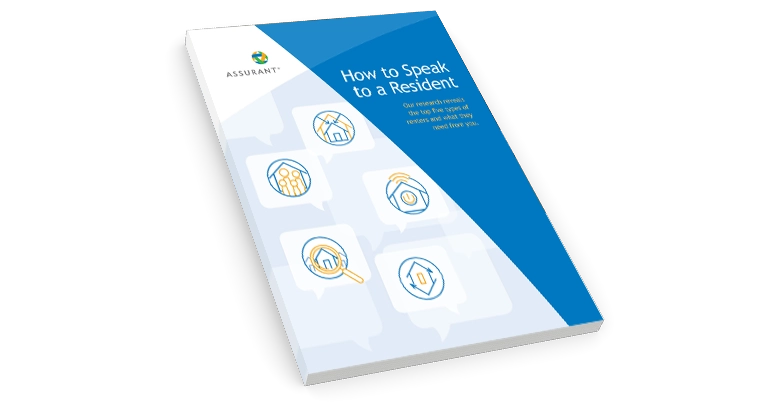Alternatives to cash deposits are gradually becoming part of the property management landscape. The pandemic has made large cash deposits a worrisome financial burden for some residents trying to move into multifamily housing properties. As a result, state and municipal governments are recognizing the challenges of large cash deposits for residents, and are considering -- some have already passed -- legislation requiring that property managers offer residents alternative ways to secure housing.
The current state of deposit legislation
At present, security deposit laws and ordinances vary from state to state, and even from city to city. Cincinnati and Atlanta, for example, require deposit alternatives, meaning that if a property manager requires a cash deposit, they must also offer an alternative, such as rental insurance, installment payments, or reduced deposits. In New York City, the government is moving towards similar security deposit alternatives, which would still allow for the traditional cash deposit but also require or allow alternatives such as lease insurance.
Time will tell how legislation across other cities and states nationwide will continue to impact multifamily properties.
What security deposit alternatives will represent
Property managers stand to reap significant benefits from implementing deposit alternatives, particularly in a pandemic economy. Earlier this year, Assurant conducted a study of 608 participants to identify the near‐term economic impact of the COVID‐19 pandemic on people that are renting their homes, and how their future rental situations will evolve from a financial perspective as well as a property management perspective.
In this follow-up to a 2020 benchmark study, for the second year, more than 70% of residents surveyed indicated that they would value an alternative to a traditional security deposit. Survey participants are also leaving their current rental units for more affordable accommodations, demonstrating that lowering move-in costs is an excellent way to attract cost-conscious residents.
Residents benefit financially from security deposit alternatives
For residents, deposit alternatives represent financial choice. While some residents may still opt for traditional cash deposits, our survey also showed that having the ability to lower their move-in costs is one of the most important considerations for residents thinking about living arrangements.
Because deposit alternatives allow the resident to provide security on a property at a lower cost, move-in becomes easier and more seamless. With the extra cash-in-hand, residents can invest in other move-in costs such as furniture, or even setting up a home office. With so many U.S. residents still sheltering in place and working remotely, home offices have become an important part of the home.
Also, once the deposit alternative is in place, some deposit alternatives may travel with the resident from unit to unit within the same multifamily community, increasing retention and keeping occupancy rates low for property managers, while making moving easier and more convenient for the resident.
Security deposit alternatives reduce property management risk, costs and administrative hassles
Coupled with paying bank fees, making disbursements and performing any legally required administrative work, the long-term cost of each cash deposit can range from $50 to $100. Some deposit alternatives may help alleviate these burdens because they leave most of the administration to the deposit alternative provider.
Deposit alternatives can also provide better risk coverage than traditional cash deposits, which may not generate enough long-term cash to cover resident damage or unpaid rent. These scenarios often leave property managers and multifamily owners closing the financial gap, and represent an added cost they may not recover. Deposit alternatives alleviate this financial risk by allowing property managers to enhance their protection by requiring coverage for an amount nominally higher than the standard cash deposit, if allowed by law.
As a global risk management provider, Assurant stands as an advocate for choice
Assurant is a Fortune 500 global risk management company with nearly 30 years of experience in the multifamily housing industry. We’ve taken a broad and deep look at the ongoing changes in the rental deposit market and concluded that deposit alternatives legislation can be positive for both property managers and residents, as long as that legislation promotes a wide variety of alternatives that benefit property owners and residents alike. Assurant opposes any legislation that would:
- Eliminate security deposits altogether
- Unfairly prohibit any single category of alternative
- Intentionally or unintentionally favor or penalize any specific provider(s)
- Benefit residents or landlords to the detriment either party
We have developed, and will continue to develop, innovative solutions to help property managers and residents take advantage of opportunities presented by the evolving legislative landscape. And we will continue to be supportive of legislation that maximizes choice and benefits the multifamily housing industry.
Assurant Security Deposit Alternatives
Lower your risk, protect your properties and make things easier on your team with the only complete suite of security deposit alternative solutions.
This content was originally published on YieldPro.






